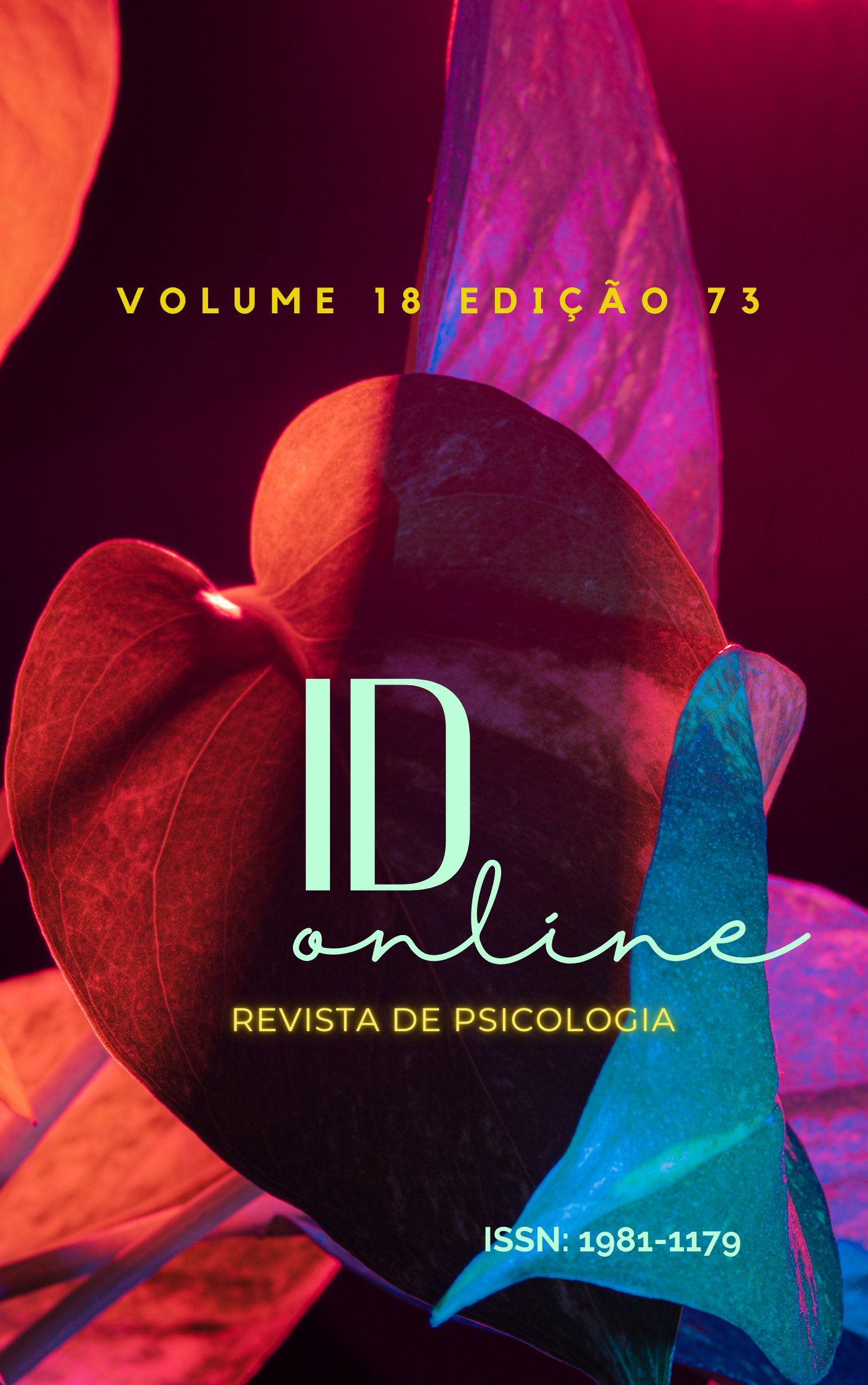Early Childhood Education: Improving the Development of Discoveries and New Learning Stimuli
DOI:
https://doi.org/10.14295/idonline.v18i73.4096Keywords:
Early childhood education, Development, Learning stimuliAbstract
Early childhood education learning through the development of discoveries and new learning stimuli emerges as a highly reflective subject in the educational environment, highlighting the information that, from birth, we are already exposed to various stimuli that help in the formation of educational concepts and developments. The main objective of this article is to emphasize the importance of discovery and stimulation in early childhood education. The article is organized according to the conception of the child and their social skills and the perspective of the teacher in the face of learning stimuli. The justification for this basis arises as a new reflective look at the actions of the cognitive aspect of children, in addition to appreciating each phase of development. The starting point for the construction of the article addresses the problem sustained by the conception of not valuing important experiences of children's imagination through stimuli and new discoveries, often through simple play. The methodology is qualitative and used bibliographical analysis on the subject, as well as an analytical perspective within the educational space of children. The results achieved arise from the release of enriching information and the creation of new possibilities for encouraging educational stimulation. The conclusions emphasize and aggregate the spontaneous stimulation of children and the use of the educational professional for the integral development of the student. A child who receives adequate stimulation has a greater capacity for learning.
Downloads
References
DENZIN, N. K; LINCOLN, I.O planejamento da pesquisa qualitativa: teorias e abordagens. Porto Alegre: Artmed, 2016.
FREITAS, L. C. Ciclos, seriação e avaliação: confronto de lógicas. São Paulo: Moderna, 2003.
GROULX, L. H. Contribuição da pesquisa qualitativa à pesquisa social In: Poupart, Jean et al. A pesquisa qualitativa: enfoques epistemológicos e metodológicos. Petrópolis, RJ: Vozes, 2008.
LÜCKE, Neiva Cristiane Flores Sott. A importância do estímulo no desenvolvimento da criança. Revista Científica Multidisciplinar Núcleo do Conhecimento. Ano 04, Ed. 06, Vol. 12, pp. 33-44. Junho de 2019. ISSN: 2448-0959, Link de acesso: https://www.nucleodoconhecimento.com.br/educacao/desenvolvimento-da-crianca.
PILETTI, Nelson. Psicologia Educacional. São Paulo: Ed. Ática, 1997.
SCHIAVO, Adriana A. N. RIBÓ, Cristiane M. E. Estimulando Todos os Sentidos de 0 a 6 anos. Campinas. UNICAMP. 2007. Disponível em: http://alb.com.br/arquivo-morto/edicoes_anteriores/anais16/sem13pdf/sm13ss17_01.pdf. Acessado em: 06 de Setembro de 2024.
SENA, Aída Batista Teles. o desenvolvimento da criatividade na educação infantil e sua contribuição na aprendizagem da educação matemática nas series iniciais do ensino fundamental; disponível em https://semanaacademica.org.br/system/files/artigos/artigoparapublicacao_1.pdf , acesso em 29 de maio de 2024.
SOUZA, Marcos Leonardo. Como ocorre o desenvolvimento da criatividade e imaginação na infância, segundo Vygotsky; disponível em https://marcos-l-souza.webnode.page/l/como-ocorre-o-desenvolvimento-da-criatividade-e-imaginacao-na-infancia-segundo-vygotsky/, acesso em 06 de Setembro de 2024.
SOUZA, Dannyelly da Silva; FRANÇA, Aurenia Pereira de. A Ludicidade na Educação Infantil: Processos de Ensino e Aprendizagens como forma de Educar. Id on Line Rev. Psic., Outubro/2021, vol.15, n.57, p. 934-943, ISSN: 1981-1179 DOI: https://doi.org/10.14295/idonline.v15i57.3262
VIGOTSKY, Lev Seminotch; SENA. Aída Batista Teles. O desenvolvimento da criatividade na educação infantil. Universidade Estadual do Oeste do Paraná – UNIOESTE/ artigo, p. 6. Disponível em: https://semanaacademica.org.br/system/files/artigos/artigoparapublicacao_1.pdf
Downloads
Published
How to Cite
Issue
Section
License
Copyright (c) 2024 Denise Helena Bezerra Rodrigues, Maricélia Félix Andrade Bringel

This work is licensed under a Creative Commons Attribution-NonCommercial 4.0 International License.
Os autores detêm os direitos autorais sem restrições, devendo informar a publicação inicial nesta revista, em caso de nova publicação de algum trabalho.










